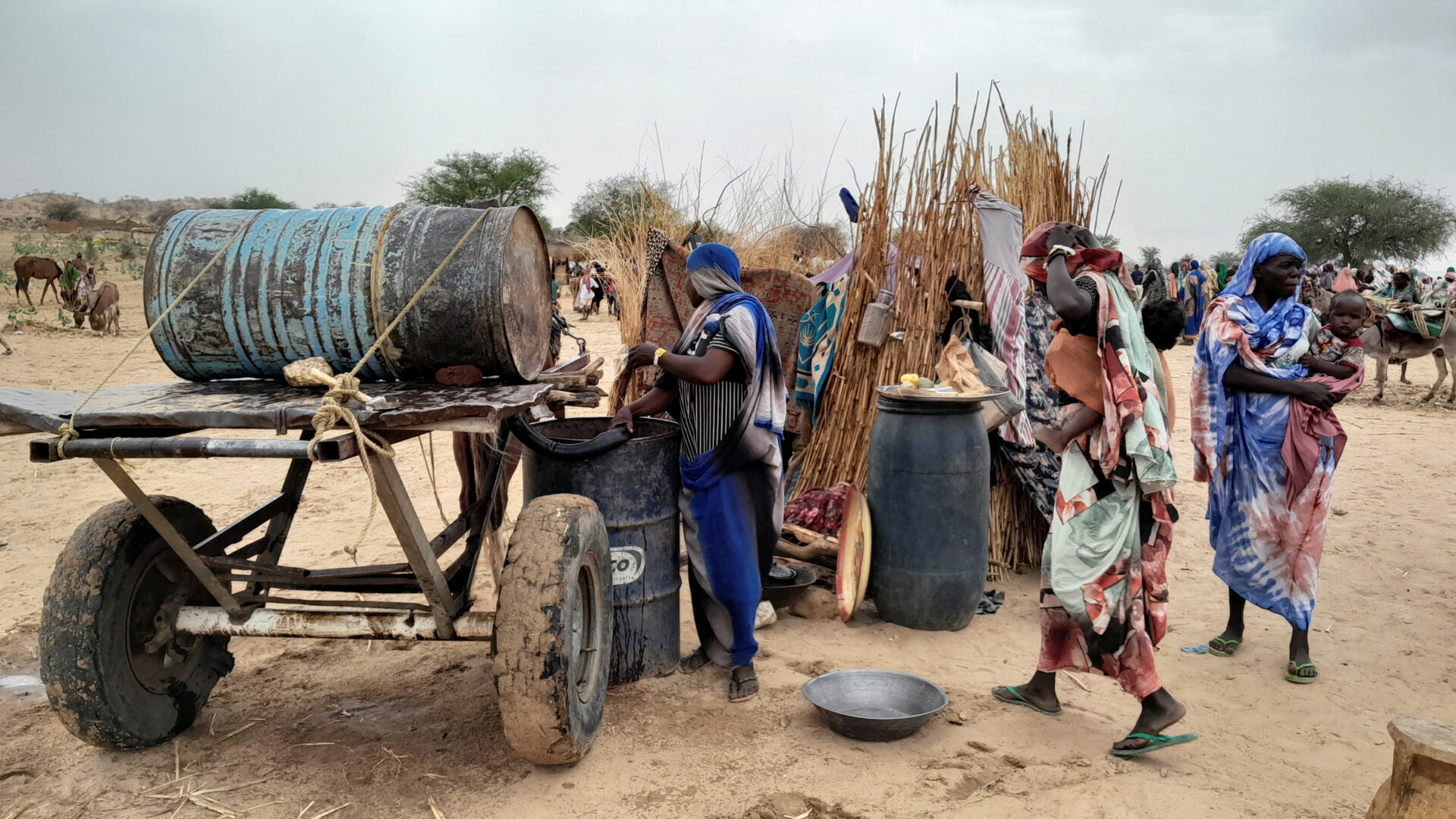By Mahamat Ramadane
N’DJAMENA (Reuters) – The head of the United Nations’ World Food Programme (WFP) in Chad said it expects to see more refugees fleeing across the border from Sudan to escape the fighting between the army and the paramilitary Rapid Support Forces.
Around 10,000 to 20,000 Sudanese have already crossed the border into Chad a week after the fighting began in Khartoum and other areas of the country.
“We are expecting more waves, that is certain. Immediately, when there will be a security window for them to come. There are major towns near the border and those there have not been able to move,” Pierre Honnorat, director of the WFP in Chad, told Reuters on Friday.

Honnorat said 400,000 Sudanese refugees who had already fled Sudan during previous conflicts are spread around the Chad border area in 14 camps.
Read More: U.N. warns of ‘catastrophic conflagration’ in Sudan as foreign exodus accelerates
In the Sudan capital of Khartoum, desperate residents are trapped in their homes under bombardment and fighters roaming the streets.
Caught in the fighting are thousands of foreigners, including embassy staff, aid workers and students in Khartoum and elsewhere in Sudan.
Sudan’s army said on Saturday it was helping to evacuate foreign nationals from the country after a week of strife that has killed hundreds of civilians.
Read More: The pace of rise in global sea level has doubled -UN climate report
“The World Food Programme is going to prepare to welcome at least 100,000. It is probable that there could be more, so we have to be ready,” Honnorat said.

He added that most of those who arrived in recent days from villages along the border were women and children.
Read More: Sudan’s Bashir and allies out of jail, fighting flares
“The number of children was impressive. We were surprised to see so many children crossing. It was heartbreaking [to] see the women and children under trees. Some of them have suffered some violence, their houses burnt, their villages destroyed and their neighbourhoods completely looted,” he said.
Honnorat said there is an immediate necessity to provide enough drinking water in the arid desert region.


